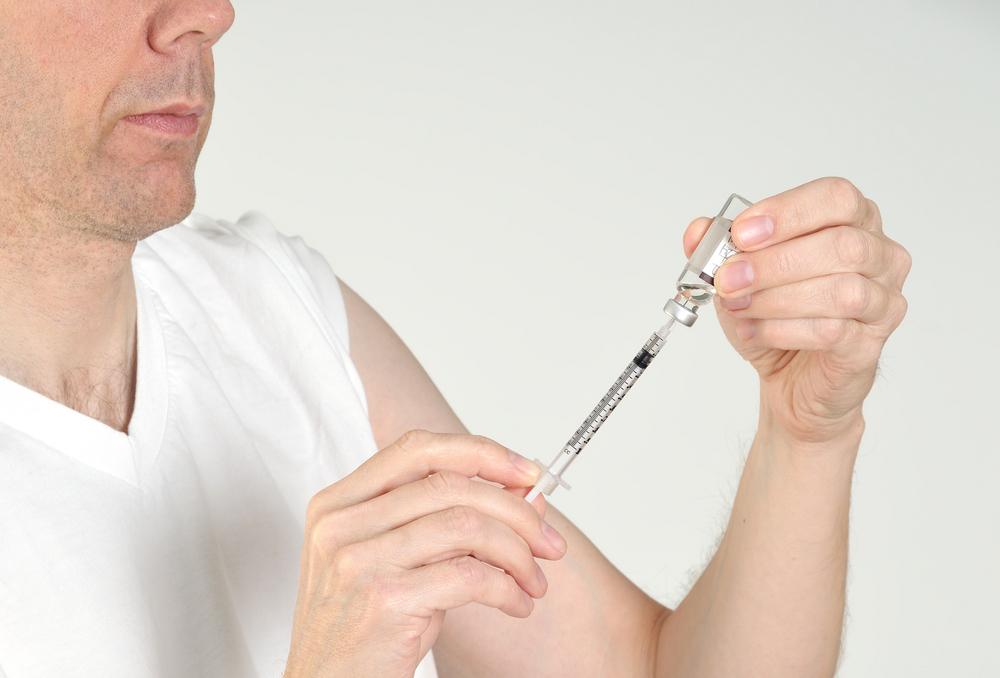
Immunotherapy Cancer Treatments
Immunotherapy is a modern way to treat cancer by utilizing the immune system as a powerful way to destroy cancer cells and control the progression of the disease. Cancer immunology is recognized in several types, and doctors may recommend it as a sole cancer treatment, or in collaboration with more traditional cancer treatments (i.e., chemotherapy, radiation, and surgery). These are the main immunotherapy treatments used for treating cancer: 1. Checkpoint inhibitors of the immune cells This type of immunotherapy is typically used to treat melanoma or skin cancer, as well as kidney and bladder cancers. There is a protein produced to control the activity of the T lymphocytes within the immune system, and so cancer can occur when this protein is produced in an excess, essentially hindering the activity of the immune cells that act against cancer. However, by administering checkpoint inhibitor therapy, this protein is blocked and the T cells retains function and kill cancer. of the T cells is retained. 2. Cytokines Cytokines are sometimes used to treat cancers, like melanoma. Cytokines are chemicals specifically produced by the immune cells. They function by signaling the immune system to work appropriately. Lymphoma is cancer where the immune cells, particularly the lymphocytes, become infected.
Learn More 

























